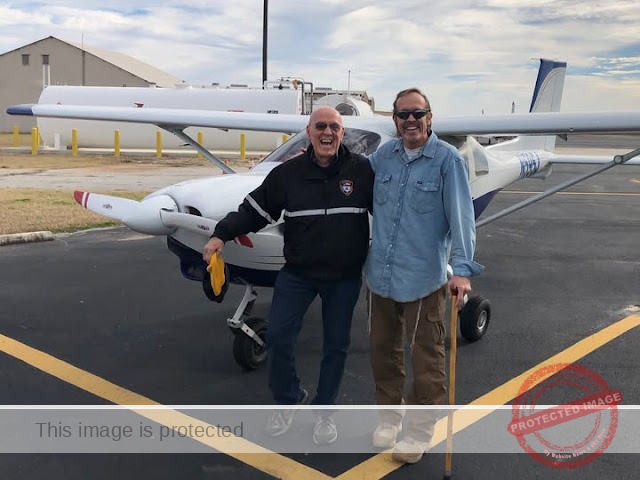
Mark Miller Audi Murphy VA Death and Obituary – The recent death of Mark Miller, a former serviceman, has deeply saddened the nation and sparked an urgent conversation about the treatment of veterans within the healthcare system. Mark, a decorated ex-serviceman, died by suicide on April 3, 2025, outside the Audie L. Murphy Memorial Veterans Hospital in San Antonio, Texas, a facility he had visited seeking help. His tragic death has drawn attention to the systemic issues within the Veterans Affairs (VA) system that may have contributed to his untimely passing.
Mark Miller was a beloved son, a passionate advocate for veterans, and a man committed to making a difference in the lives of others. Throughout his life, he dedicated himself not only to his country but also to helping those in need. After his time in the military, he volunteered at food pantries, worked with animals, and supported other veterans in their struggles with trauma. Despite his outwardly strong and resilient persona, Mark faced an ongoing internal battle with the invisible wounds of war. His service did not end with his discharge; it continued as he attempted to navigate life while dealing with post-traumatic stress disorder (PTSD) and other mental health challenges.
On April 1, 2025, Mark visited the VA hospital in San Antonio, hoping for help and understanding. Unfortunately, he left his appointment feeling unheard and dismissed. After a brief consultation, he was prescribed Seroquel, an antipsychotic medication. Mark felt this response to his pain was inadequate and cold, and he expressed his frustrations to his father in a text message: “I just left my VA appointment… look how nice they are, they prescribed me Seroquel… did not even listen to my story – just like a robot… They are murdering Vets.”
Mark’s words were a heartbreaking reflection of his disillusionment with a system that, in his view, prioritized pharmaceutical solutions over personal care. Despite his deep need for meaningful dialogue and therapeutic intervention, Mark was given a prescription without being heard, an experience he felt was emblematic of a larger, systemic problem in the VA healthcare system.
Two days later, on April 3, Mark returned to the VA facility. Before his final act, he sent his father a poignant message: “Papa, I love you very much and I always will.” His father responded, “I love you too, with all my heart.” Just moments later, Mark took his own life on the steps of the very hospital where he had sought help.
Mark’s death is not just a personal tragedy; it highlights a systemic failure in the treatment of veterans, particularly in their mental health care. His act of suicide was not just a desperate final escape but a form of protest—a powerful statement against a system that, in his view, failed to listen, to empathize, and to provide adequate care. Mark had previously co-authored a book with his father titled Suicide Stalks the Sniper, in which he openly discussed the painful psychological effects of war and the challenges veterans face in seeking help. He described the relentless nature of PTSD, writing, “I left the war, but the war did not leave me.”
Veterans across the United States continue to face disproportionately high rates of suicide, with a veteran taking their life every 63 minutes. Many of these veterans are under psychiatric care, often receiving medications such as SSRIs or antipsychotics, yet lack the meaningful counseling or therapeutic support necessary for healing. The overreliance on medication, coupled with a lack of individualized care and follow-up, exacerbates the struggles of many veterans like Mark.
Mark Miller’s tragic death demands immediate action. His passing underscores the urgent need for reform within the VA system. Veterans must be seen as individuals, not as cases to be managed with prescriptions alone. The VA must prioritize compassionate care, offering not only medications but also extensive counseling, peer support, and holistic therapies tailored to the unique experiences of each veteran. Moreover, the VA must actively listen to the voices of veterans who speak out about their struggles and dissatisfaction with the system.
Mark Miller’s death is a devastating loss, but it should serve as a catalyst for change. His final act, though tragic, carries a powerful message—one that speaks to the countless veterans who continue to suffer in silence. His death is not only a personal loss for his family but also a rallying cry for better treatment, understanding, and support for our nation’s heroes. As his father poignantly said, “Today the world lost an angel, a hero, a beloved son, brother, uncle, and friend.” Mark’s legacy will live on in the fight for a better future for veterans, ensuring that their voices are heard, their struggles acknowledged, and their care truly compassionate.
Rest in peace, Mark Miller. May your memory inspire the change you so desperately wanted to see.
